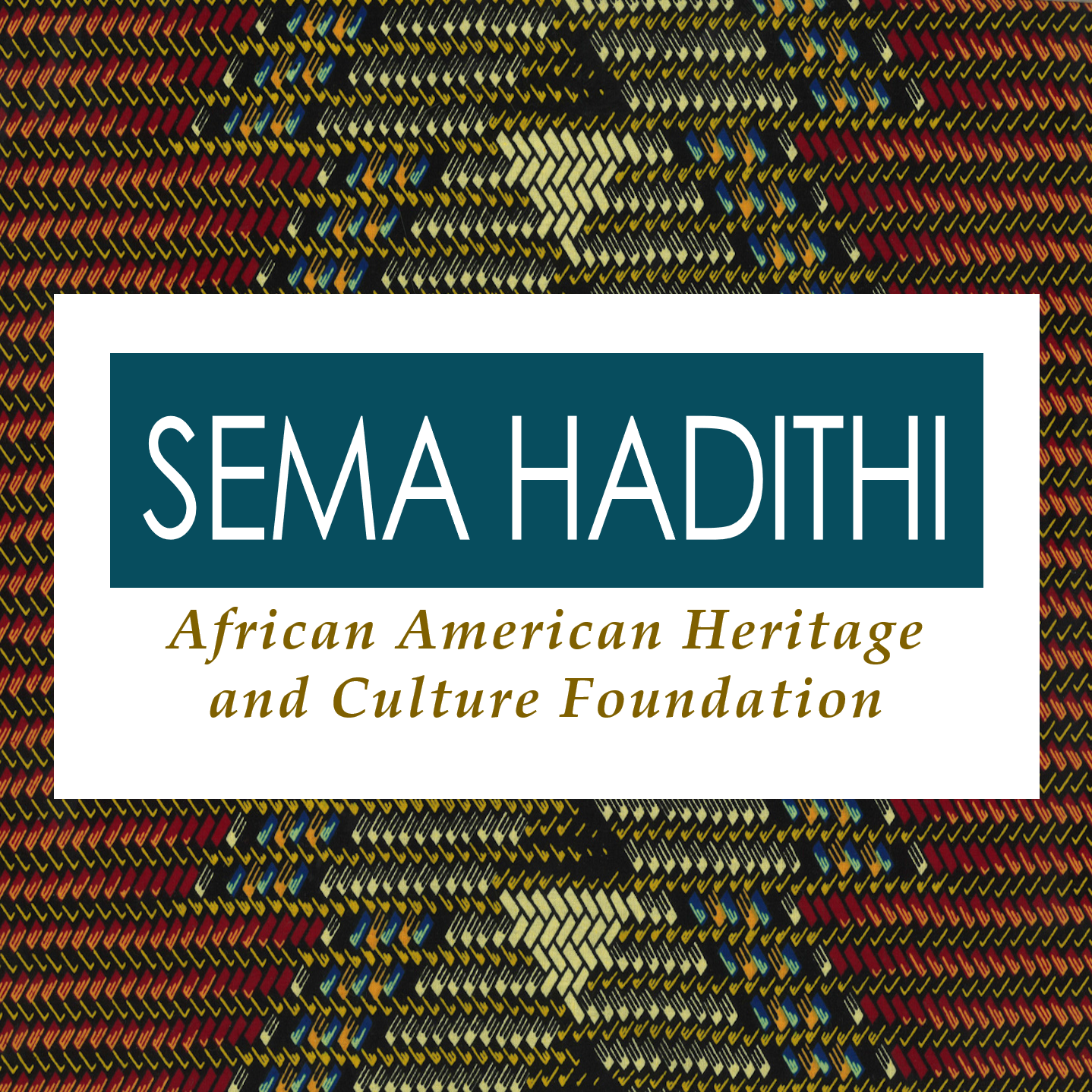Oral History
$10,000.00 Donation Goal
This project by the
Oral History Working Group
Project Details
In Utah today, the longstanding presence of ethnic and racial communities in the state is poorly understood by the general public, civic leaders, and policymakers. It is overshadowed by a developmental narrative of the state’s dominant religion. Yet a great variety of people have long made Utah home. A failure to acknowledge and embrace historical and contemporary complexity seeds divisiveness. The dominant narrative of Utah history excludes or dismisses the influence of African Americans in history. Lagging research and public acknowledgment of the Black experience in the state has had real-world consequences. In Utah, there are strong enclaves of anti-diversity communities, some continuing to espouse racial superiority. They resist efforts to have our public institutions and education attend to diversity and inclusion.
Scant historical research exists about the presence of African Americans in the state beyond the early twentieth century, despite their deep connections to the state and continuing presence. The Oral History Project seeks to fill crucial gaps in the literature and primary source material. How has the Black community affected the state’s culture and vice versa? How are Black Utahns’ experiences reflective of and different from national trends? Through a combination of thematic- and biographical-driven oral histories, this work casts an eye on the experiences of a population historically marginalized, a resilient community that forms a bedrock of what it means to be Utahns.
The watershed social movements of 2020 and the growing interest among state leaders have galvanized institutions across Utah to address inequality and improve representation for all Utahns. As a reflective and healing method of historical transmission, oral history will help address resistance to an inclusive narrative by engaging and elevating community voices often omitted from documentary material. Community-engaged scholarship relies on shared authority at the heart of oral history.
The Oral History Projects was created to reach older individuals who have intimate knowledge or memory of historical figures and events in the Black community. A part of its objective is to collect photographs depicting the lives of Black businesses, social clubs, and churches around Ogden and Salt Lake City. Photos prompt recollection of stories to draw out compelling narratives that tell the broader story of these communities. Along with collecting photos and stories of social activities we also will research rights advocates and collectors of Black history memorabilia. These and the many other history-keepers in the community will be the first to be interviewed. Representatives of Black organizations and groups, including but not limited to the Black enclaves in Salt Lake, Weber, and Davis Counties where Black populations of people with long family histories in Utah concentrate; religious, political, and educational communities, including leaders, activists, and lay members; and Black fraternities, sororities, and social activist organizations that are deeply important to Black contemporary life. Collecting these narratives will go a long way to filling the gap of untold histories.
Despite a commitment to inclusion, historians in the Intermountain region still tend to be white and come from middle to upper-middle-class backgrounds. Sema Hadithi Foundation has direct relationships and interactions with underrepresented communities. It has worked with independent genealogists, women and religious groups, and advocates for adopted minority children; served alongside genealogical membership organizations, historical research organizations, and lineage societies locally and nationwide; and partnered alongside numerous community organizations interested in the Black experience. All are keenly aware of the need to expand Utah’s historical narrative.
The project anticipates collecting between 36 to 50 audio, video, and transcribed oral histories over the year. Relationships with partners will help to sustain the oral history collection effort well into the future. Oral history narratives, photographs, and collateral documents will create a rich digital museum. Through partner sharing these materials will be widely available within the public and academic communities. Additional metrics will include public engagement through the creation of new literary and artistic works and exhibits and public programming around the interviews and their narrators, including community conversations and the annual Black History Conference.
Sema Hadithi Foundation is partnering with state, universities, museums, and celebration centers to provide an online presence. The foundation has a website to publish findings. Staffed with a diverse board and research team of African American, Jewish, White, disabled, and LGTBQ+ members, it is committed to maintaining diversity in research assistance, best practice guidance, and product delivery.
Sema Hadithi Foundation secured an agreement with a technology company specializing in photographic and document restoration. It provides scanning, audio, and video equipment to preserve documents and record narratives. The equipment is set up at two permanent locations and one touring unit. That will ensure that the people who want to contribute, either from the targeted group of narrators or the community in general, will have access.
Donation Deadline: Saturday, December 31, 2022
Project Website: https://www.semahadithi.org/
Project Location: Salt Lake City, Ogden and touring in a town near you.



